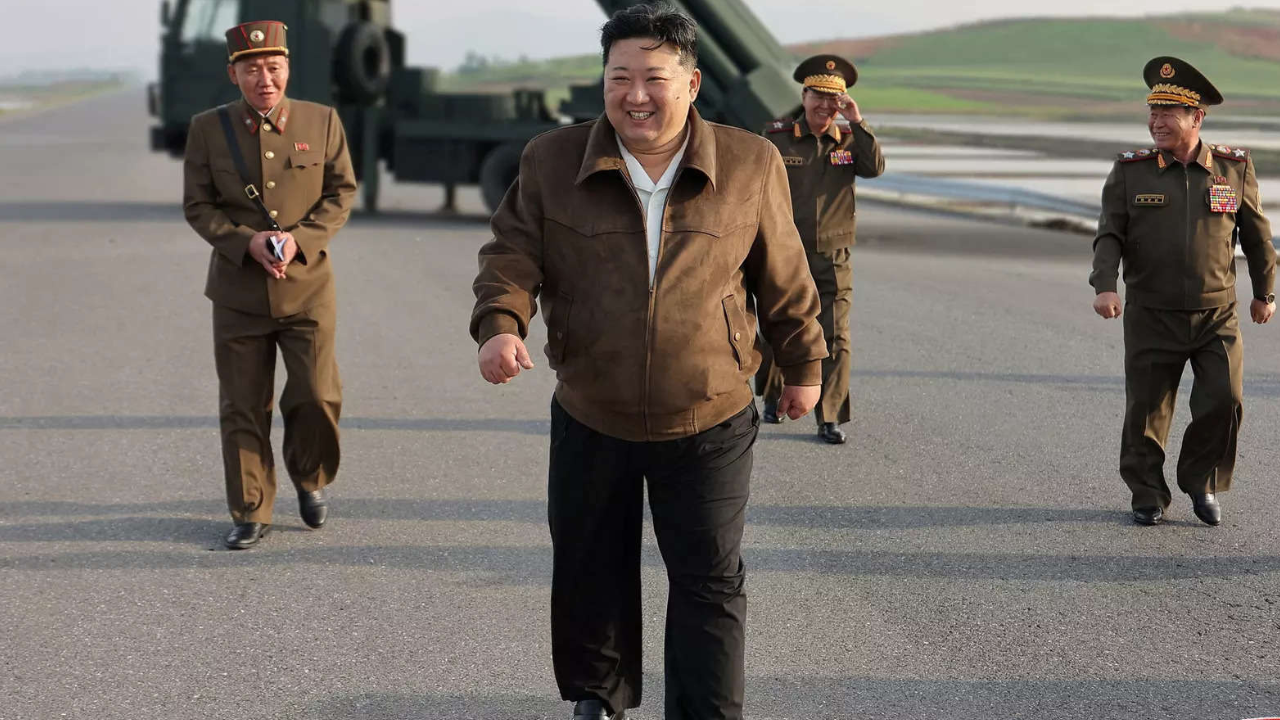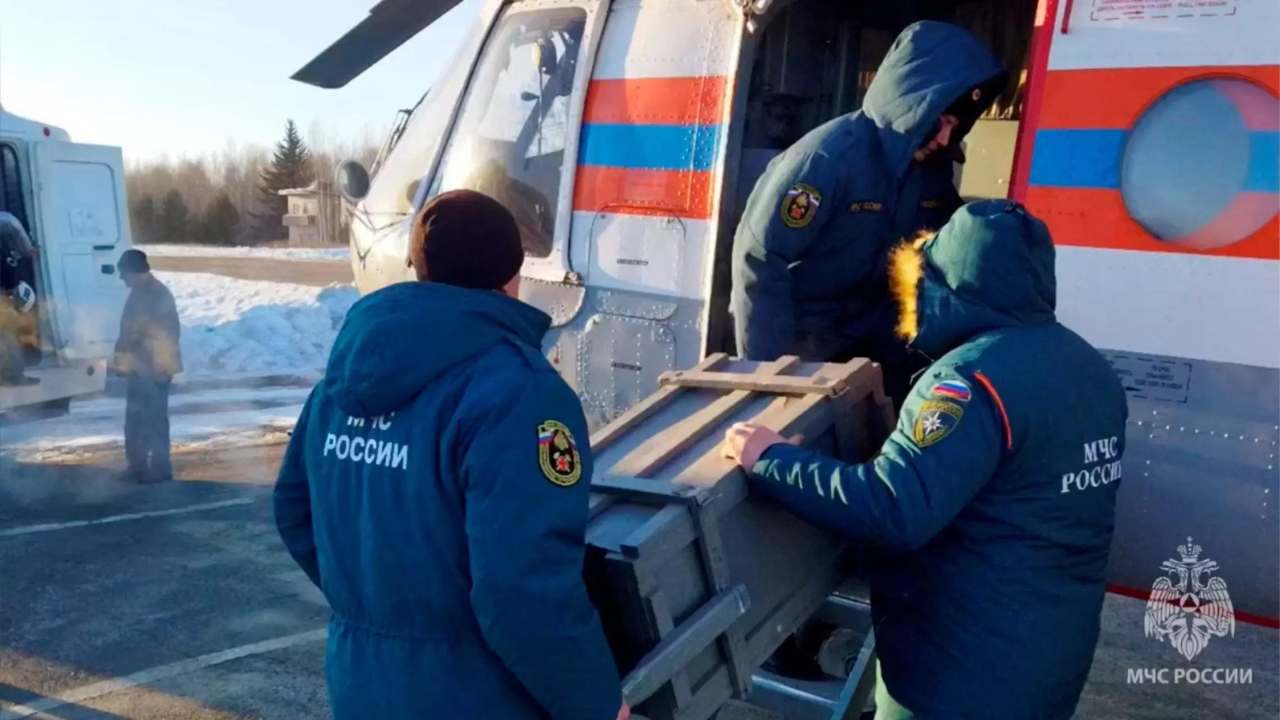Wagner Chief Prigozhin Remembered As "Great Man", Year After Russia Mutiny
Almost a year since Yevgeny Prigozhin sent his Wagner mercenaries marching towards Moscow in a rebellion against Russia's military leadership, residents in the capital spoke of respect and admiration for the late renegade.

Almost a year since Yevgeny Prigozhin sent his Wagner mercenaries marching towards Moscow in a rebellion against Russia's military leadership, residents in the capital spoke of respect and admiration for the late renegade.
The mercenary chief died in a mysterious aeroplane crash two months after ordering the short-lived mutiny on June 23-24, 2023.
But despite mounting the biggest-ever challenge to President Vladimir Putin's near quarter of a century in power, Prigozhin and his Wagner Group continue to command respect.
"He did a lot for Russia at a difficult moment," said 60-year-old caretaker Alexander Ulyanov, calling the late mercenary boss a "great man".
Wagner spearheaded some of the Kremlin's longest and bloodiest military campaigns in Ukraine, including the fight for the mostly destroyed city of Bakhmut in the east.
"The organisation he created has an iron discipline," Ulyanov said.
Prigozhin is alive "in our hearts," he added, comparing him to historical generals like Mikhail Kutuzov, who led Russian soldiers during the Napoleonic Wars.
"If people remember him, he's alive," Ulyanov said of Prigozhin.
A former hotdog seller and convicted criminal, Prigozhin became acquainted with Putin in the 1990s, later running catering businesses that served the Kremlin.
Nicknamed "Putin's chef", his influence quickly grew as he won government contracts, eventually founding the Wagner Group in 2014 to support Russian paramilitaries in east Ukraine.
After his death, for which the Kremlin categorically denied responsibility, Putin praised Prigozhin as a "talented businessman" who made "serious mistakes".
'It was so scary'
In their quest to unseat Moscow's military top brass, Prigozhin's fighters seized Russia's army headquarters in the southern city of Rostov-on-Don and shot down military aircraft.
They managed to march roughly halfway to the capital Moscow before Belarus mediated a deal to end the near 24-hour uprising.
"It was so scary," said Svetlana, a 42-year-old English teacher who was in Rostov at the time. "I didn't know where it would lead to."
"He was probably right about something. But... the fact that during the special military operation, when hostilities were going on, he deployed and moved some troops to Rostov in particular -- that was wrong," she said.
But "Teddy Boy", a 41-year-old American citizen from Los Angeles and member of the "Espanola" battalion fighting for Russia in Ukraine, praised the mercenary boss.
"I'm not 100 percent with him, but if I had met him, I would have shook his hand," said Teddy Boy, who wore a military uniform and sported tattoos of pro-Russian army symbols.
"He spoke (about) a lot of things that people are thinking, that they're too scared to say. That's the problem. And I think that's why a lot of people supported him."
(Except for the headline, this story has not been edited by NDTV staff and is published from a syndicated feed.)



































![Safari Thorium Neo 8-Wheel Luggage Set Trolley Bags (Set of 3) at just Rs. 5,599 [MRP 29,100]](https://savefree.in/uploads/images/202409/image_870x580_66f63845060f0.webp?#)












![Handmade Brown Mango Wood Chopping Board At just Rs. 89 [MRP 599]](http://savefree.in/uploads/images/202303/image_870x580_641bf7e9c2206.jpg?#)


